Conversations with the Innocence Project: Prosecutorial Power & Wrongful Convictions
10.26.18 By Innocence Staff
Last night in downtown Brooklyn, the Innocence Project launched Conversations with the Innocence Project, a new series of discussions that bring together today’s leading experts, those adversely affected by the criminal justice system and advocates to discuss, debate and take action on issues plaguing the system. The inaugural discussion focused on the role and power of prosecutors in our system, reform efforts to ensure prosecutorial accountability in cases of misconduct and a growing movement to enlist prosecutors in the fight to combat wrongful convictions.
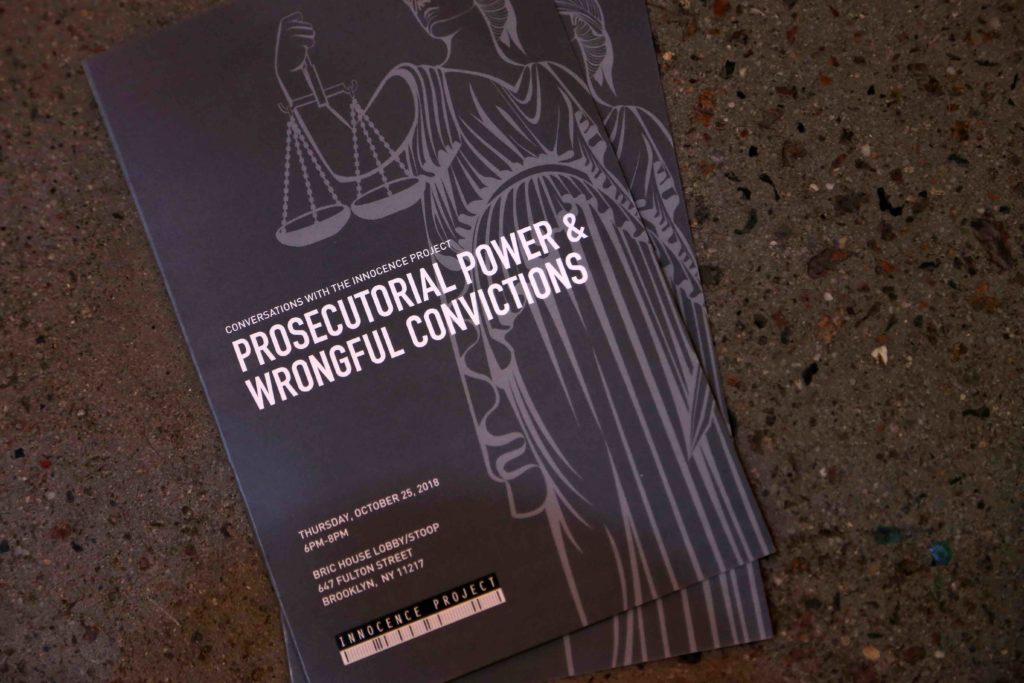
Photo by Mattedesign.
Panelists included Innocence Project Director of Policy Rebecca Brown, Innocence Project Senior Attorney Nina Morrison, Exoneree and Advocate Jabbar Collins, Professor of Law at American University Cynthia E. Jones and ProPublica Reporter Joaquin Sapien.
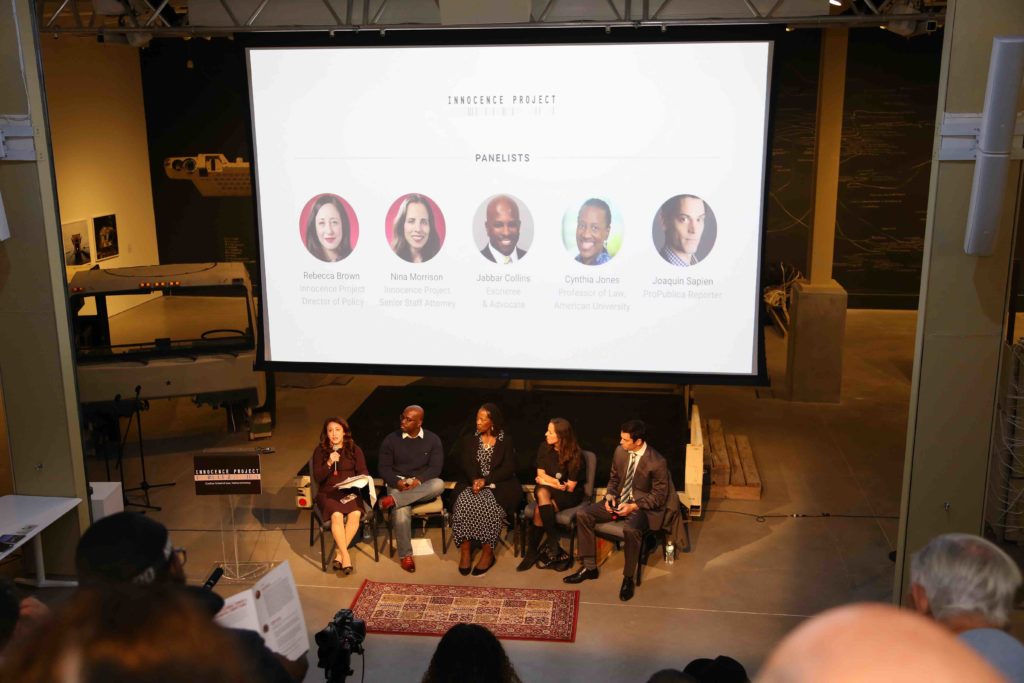
L-R: Rebecca Brown, Jabbar Collins, Cynthia Jones, Nina Morrison and Joaquin Sapien. Photo by Mattedesign.
The event brought in people from all over New York City for an evening of truly compelling and engaging discussion. Some of the key points that were highlighted at last night included:
- Prosecutors in the U.S. are arguably the most powerful and yet least understood political actors by the general public.
- There are 2,800 people elected to head prosecutor offices in the United States. A total of 30,000 prosecutors work in these offices around the country, making daily determinations that affect life and liberty.
- With 12 million people arrested each year, and 600,000 annual admissions to prison, we must also understand the office of the prosecutor beyond the prosecution of individual cases and understand the prosecutor’s role as policymaker.
- Over the last 50 years, defendants chose to go to trial in less than three percent of state and federal criminal cases—compared to 30 years ago when 20 percent chose trial. From an innocence perspective, this should give us all pause.
- Eleven percent of the nation’s DNA-based exonerees took plea deals to rapes and murders.
- Vote on Election Day! Of the 3,000 prosecutors elected in the United States, 80 percent of them ran unopposed.
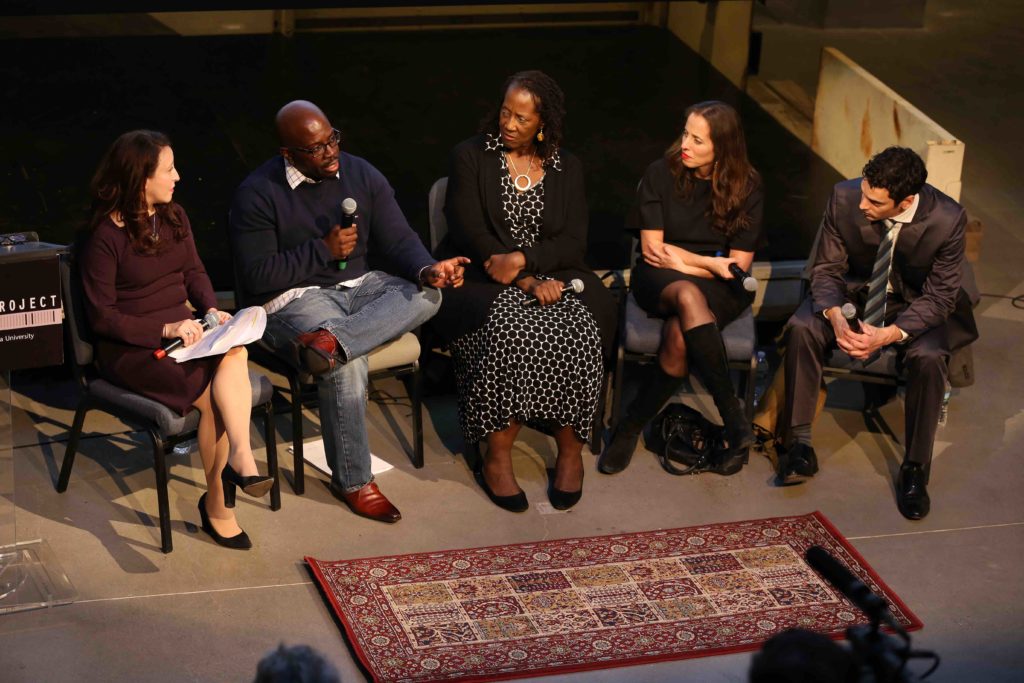
Photo by Mattedesign.
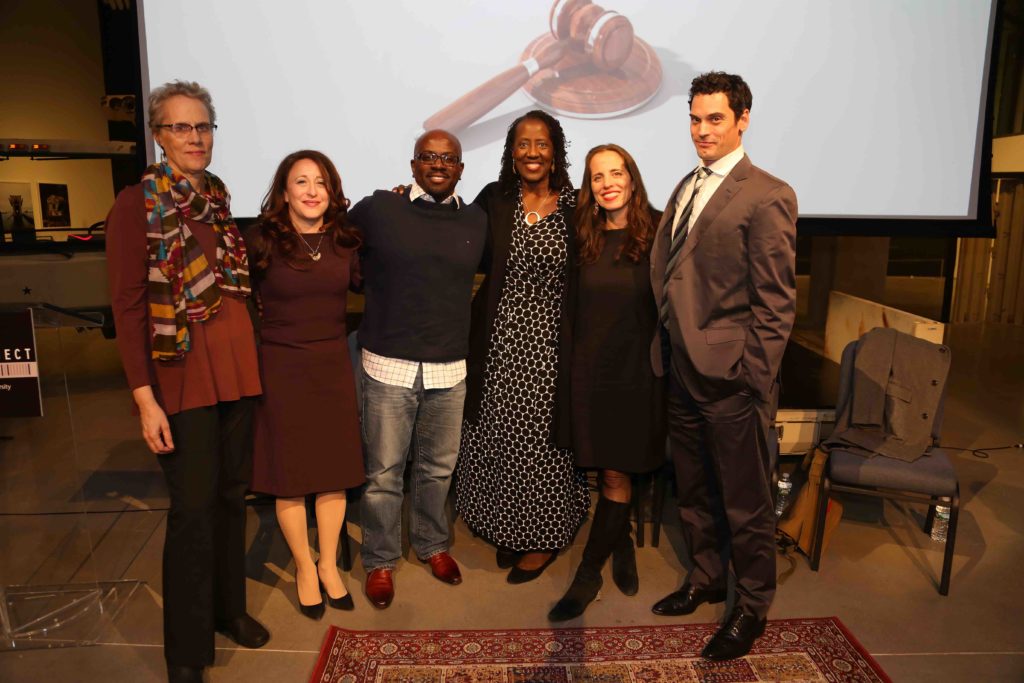
The panelists with Innocence Project Executive Director Maddy deLone. Photo by Mattedesign.
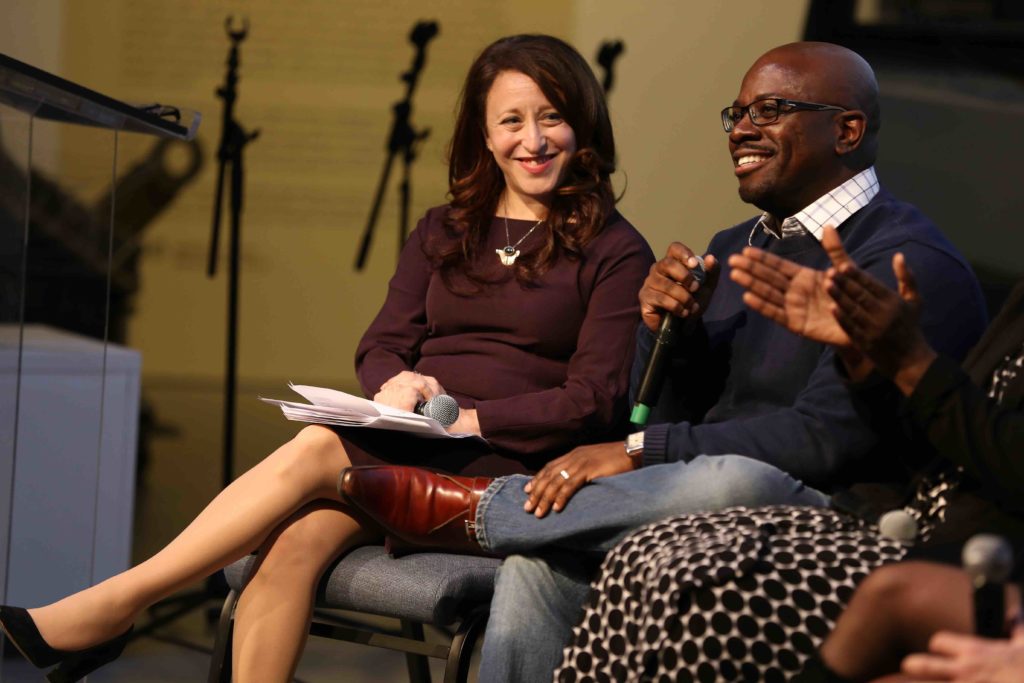
Rebecca Brown and Jabbar Collins. Photo by Mattedesign.
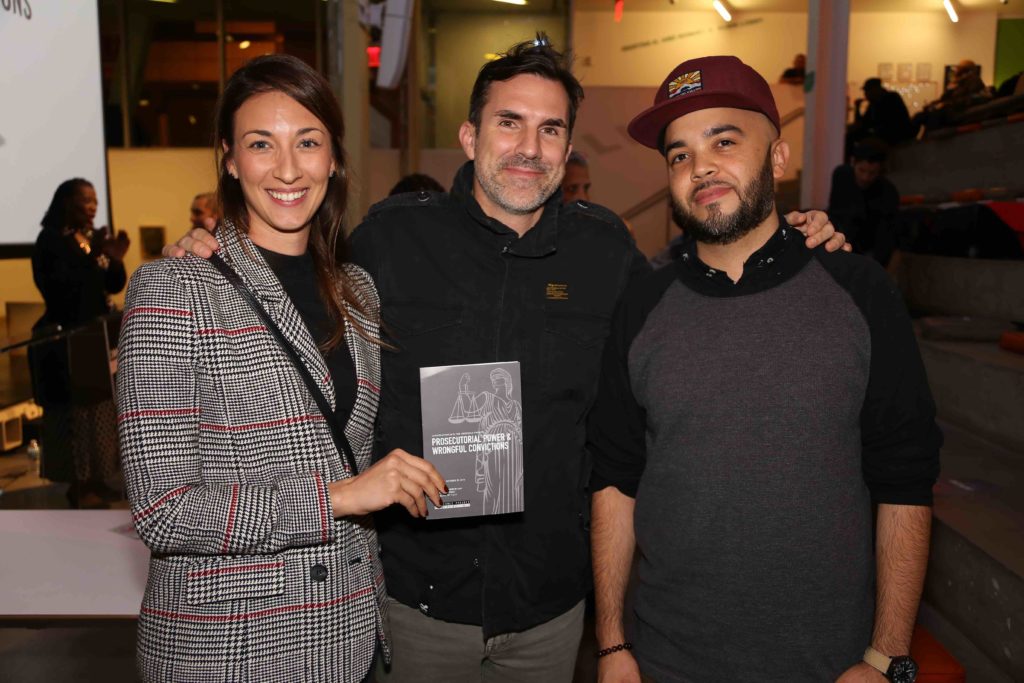
Innocence Ambassadors Paul and Theresa Schneider and Silent Knight.
Leave a Reply
Thank you for visiting us. You can learn more about how we consider cases here. Please avoid sharing any personal information in the comments below and join us in making this a hate-speech free and safe space for everyone.
January 24, 2019 at 5:25 am
November 3, 2018 at 6:33 pm
I love what you guys are doing for the people who life is being taken away in this system
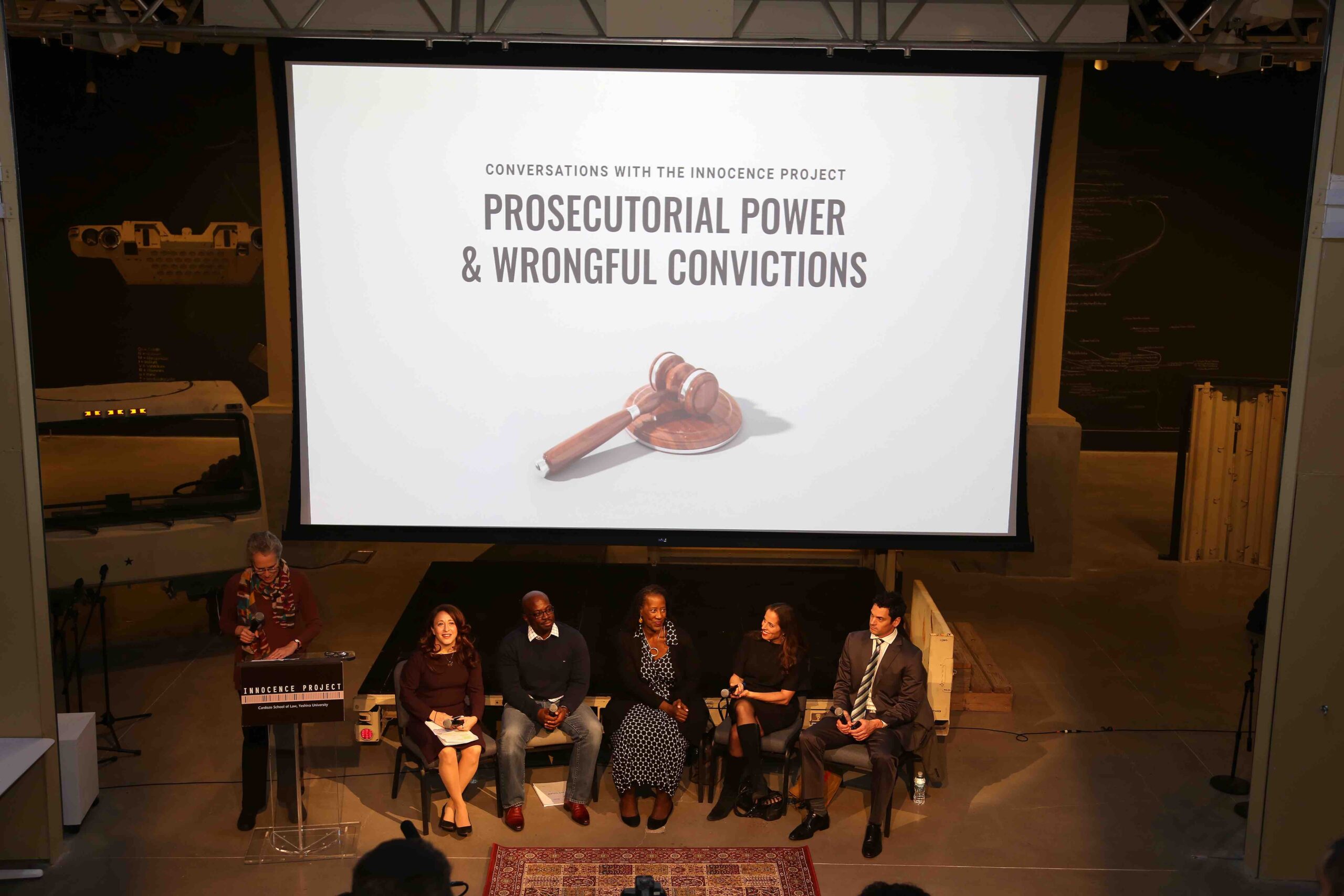
Today atmy attorney told me that the DA said if I chose to move forward with trial then I will be charged with a fta that carries an automatic 13 month. If I take a plea on the charges I am not guilty of then they will not pursue charges for that fta from more than a year ago. How is this acceptable? I shouldn’t be punished for going to trial. It’s supposed to be my right.